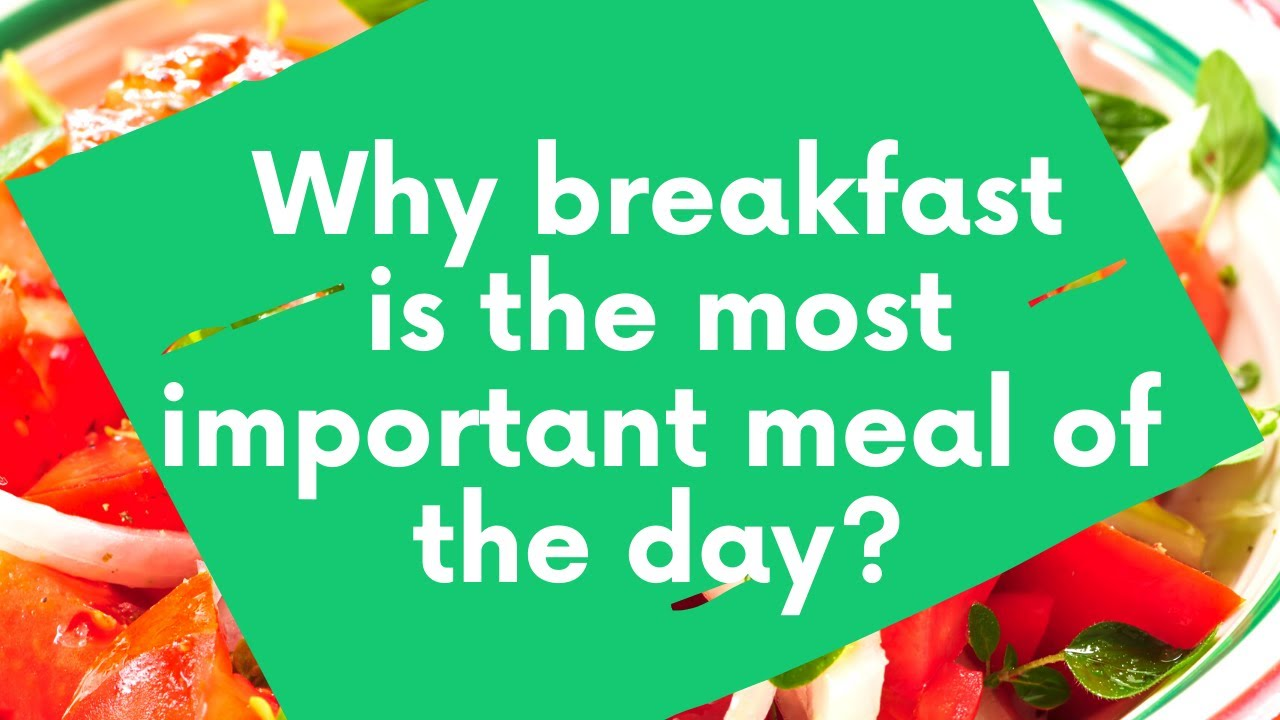
Breakfast is frequently called ‘the main feast of the day’, and for good explanation we can say as the name proposes, breakfast means “breaks the short-term fasting time frame overnight”. In addition to providing other essential nutrients necessary for good health, it helps to replenish our glucose supply to increase our energy levels and alertness. It’s true that every other meal is important, but breakfast is more important because it has so many health benefits. This is why it was given the name “important meal day.”
In many studies it was found that having proper breakfast in the morning help to assist with better weight management in our body , decreased the chance of type 2 diabetes and coronary illness in the long haul.
Despite the health and wellness benefits of breakfast, many people frequently skip it for a variety of reasons
he most recent national nutrition survey of Australian children and adolescents found that skipping breakfast was common, though the majority did not do so consistently.
EVIDENCE OF TAKING BREAKFAST:
In one 2021, observational studies found that those who eat breakfast seven times per week have a reduced risk for:
- heart disease
- diabetes
- obesity
- high blood pressure
- stroke
- abdominal obesity
- cardiovascular-related death
- elevated low-density lipoprotein (LDL) cholesterol.
The most common nutrients those who skipped breakfast fell short on include:
- folate
- calcium
- iron
- vitamin A
- vitamins B1, B2, B3
- vitamin C
- vitamin D.
BENEFITS OF HAVING BREAKFAST:
Provide Energy :
- Glucose is the body’s primary energy source. The carbohydrates we eat break down and absorb glucose from the blood into the body. The majority of the body’s energy is stored in the form of fat. However, our body also stores some glucose as glycogen, most of which is stored in liver and muscles in smaller amounts.
- The liver breaks down glycogen and releases it into your bloodstream as glucose during times of fasting (when we don’t eat), like overnight, to keep your blood sugar levels stable. This is especially crucial for your brain, which gets most of its energy from glucose.
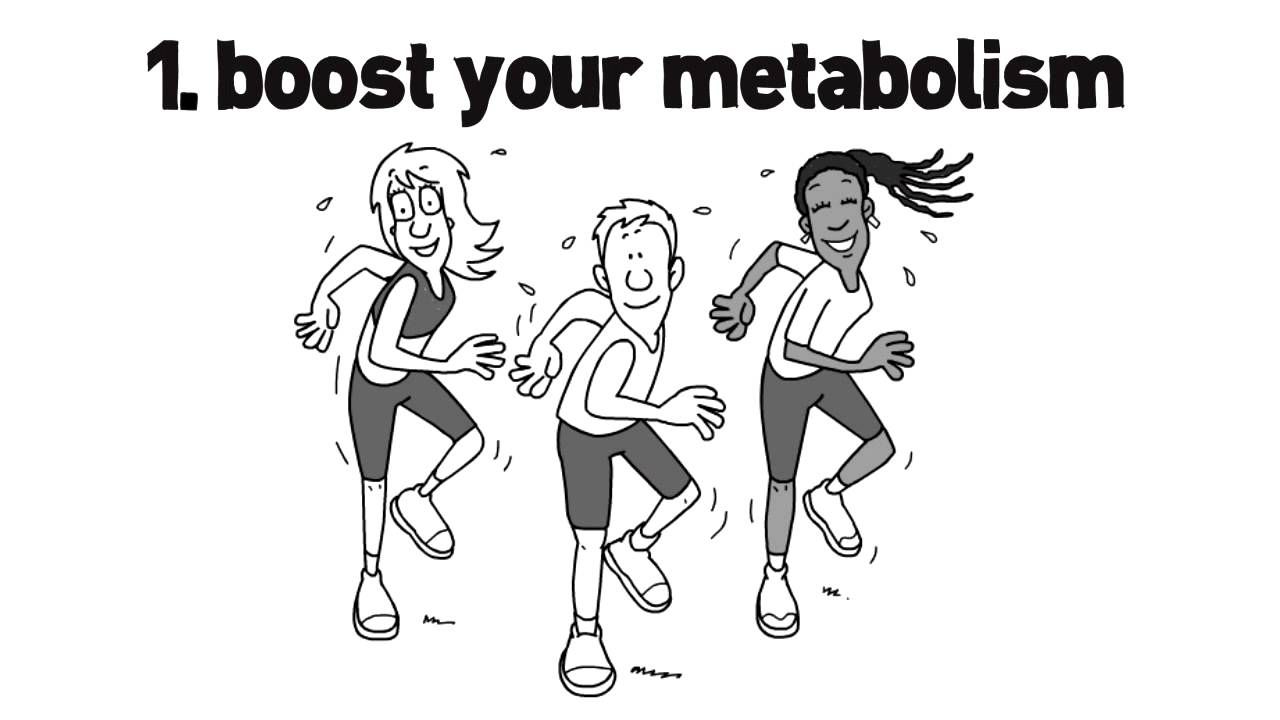 In the first part of the day, after we have done without nourishment for up to 12 hours, your glycogen stores are low.At that time our body starts breaking down fatty acids to get the energy needs once all of the energy in your glycogen stores has been used up. However, fatty acids are only partially oxidized without carbohydrates, which can lower energy levels.
In the first part of the day, after we have done without nourishment for up to 12 hours, your glycogen stores are low.At that time our body starts breaking down fatty acids to get the energy needs once all of the energy in your glycogen stores has been used up. However, fatty acids are only partially oxidized without carbohydrates, which can lower energy levels.- So eat breakfast is necessary to get more energy and replenish glycogen store in our body, so that we can keep our metabolism going throughout the day.
- Skipping breakfast might appear to be an effective method for diminishing by and large energy consumption. However, research shows that breakfast eaters tend to be more physically active in the morning than those who wait until later in the day, despite having a higher energy intake.
You haven’t eaten in quite a while:
After waking up, breakfast is the first meal you eat. We need to had at least eight hours of sleep, and our last meal was either dinner or a late-night snack. Therefore, breakfast provides our body with the appropriate nutrition and fuel to begin the day with enough supply of energy for vigorous or normal day to day work. Skipping breakfast would make body without nourishment for twelve hours or more, making your digestion increasingly slow.
Fundamental nutrients, minerals and supplements:
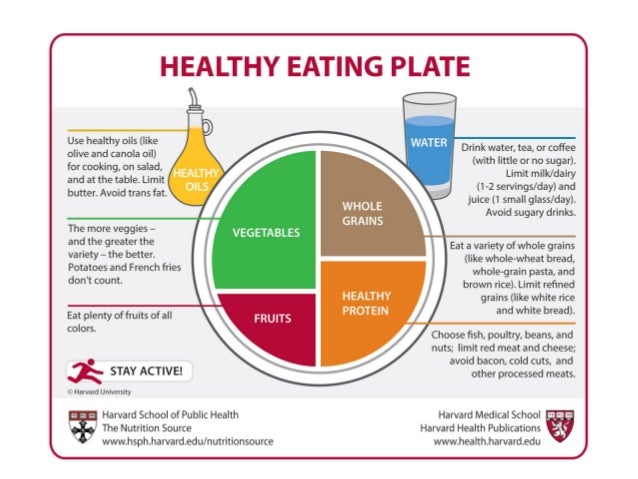
- Breakfast food varieties are rich in key supplements like folate, calcium, iron, B nutrients and fiber. Breakfast gives a great deal of your day’s all out supplement consumption. In point of fact, people who eat breakfast are more likely than those who don’t to meet their recommended daily intake of vitamins and minerals.
- Fundamental nutrients, minerals and different supplements must be acquired from food, so despite the fact that our body can muster sufficient desire to come to the following dinner, you actually need to top up your nutrient and
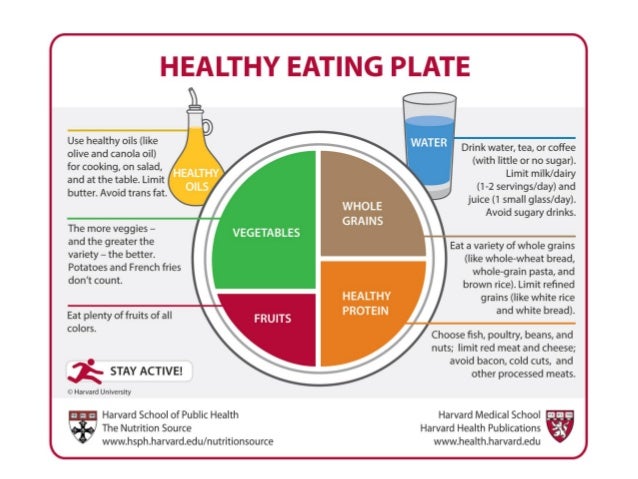 mineral levels to keep up with wellbeing and imperativeness. Energy Glucose is the body’s energy source. The carbohydrates you eat break down and absorb glucose. The majority of the body’s energy is stored as fat. However, your body also stores some glucose as glycogen, most of which is stored in your liver and muscles in smaller amounts.
mineral levels to keep up with wellbeing and imperativeness. Energy Glucose is the body’s energy source. The carbohydrates you eat break down and absorb glucose. The majority of the body’s energy is stored as fat. However, your body also stores some glucose as glycogen, most of which is stored in your liver and muscles in smaller amounts.
Breakfast helps you control your weight:
If you don’t eat breakfast, eat a healthy snack like fresh fruit, yoghurt, veggie sticks, and hommus, or a wholemeal sandwich to satisfy your hunger in the middle of the day. are less likely to be overweight or obese. Breakfast helps you control your weight. The reason for this is the subject of ongoing research. Breakfast is thought to help you control your weight for the following reasons:
- it forestalls huge vacillations in your blood glucose levels, assisting you with controlling your hunger
- breakfast tops you off before you become truly eager, so you’re less inclined to simply get anything that food sources are close by when hunger truly strikes (for instance high energy, high fat food varieties with added sugars or salt).
- Regular breakfast eaters are less likely to be overweight. The body’s insulin response can be triggered by skipping breakfast, which can lead to weight gain. Having a good dinner in the first part of the day lessens your hankering to eat over the course of the day.
It Restores the sugar balance:
Breakfast achieves a perfect sugar balance, which is crucial to avoiding long-term health issues. Your body and brain stay healthy when sugar levels are in balance. Breakfast aids in the maintenance of the body’s entire metabolism.
Brainpower is boosted by breakfast:
If someone don’t eat breakfast, they might feel sluggish and have trouble focusing. This is because our brain hasn’t gotten the glucose (energy) it needed for proper functioning. According to research, skipping breakfast has a negative impact on our mental performance, including our capacity for concentration, memory, and attention. Some tasks may appear to be more difficult as a result.
Children and adolescents who consume breakfast on a regular basis also tend to perform better academically than those who do not. They also feel more connected to teachers and other adults at their school, which improves their academic and health outcomes.
A healthy breakfast may reduce illness risk :
Those who eat breakfast regularly tend to have a lower risk of obesity and type 2 diabetes than those who don’t. There is also some evidence to suggest that skipping breakfast may increase cardiovascular disease risk. It makes illness more unlikely: If you eat breakfast every day, you are less likely to develop obesity and type 2 diabetes
It aids in controlling the desire for junk food: Breakfast is a seriously big deal to start your day. Consider that if you skip breakfast, you will naturally gravitate toward junk food and find another way to satisfy your craving. Breakfast helps maintain a healthy lifestyle and reduces food cravings.
It accelerates muscle formation: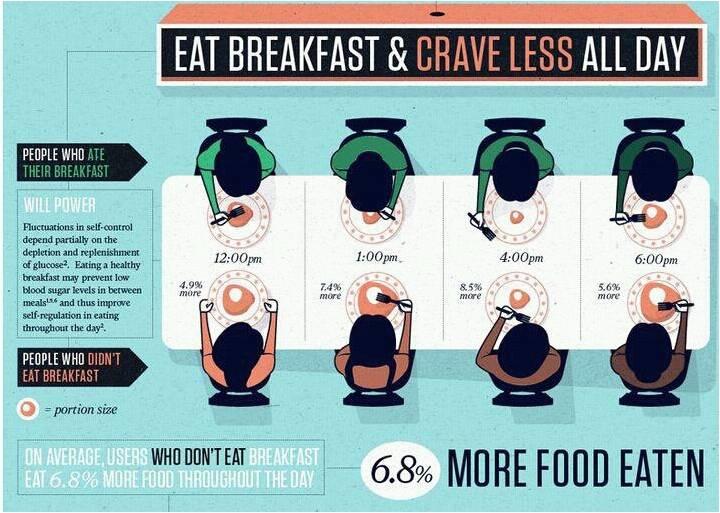
Weight gain is significantly influenced by breakfast. When we have a protein-rich breakfast, that can strengthen our muscles.
Breakfast helps you make better food choices:
People who eat breakfast have better eating habits, a healthier diet as a whole, and are less likely to be hungry for snacks throughout the day than people who don’t eat breakfast. Children who don’t get enough food for breakfast are more likely to eat poorly the rest of the day and in the long run.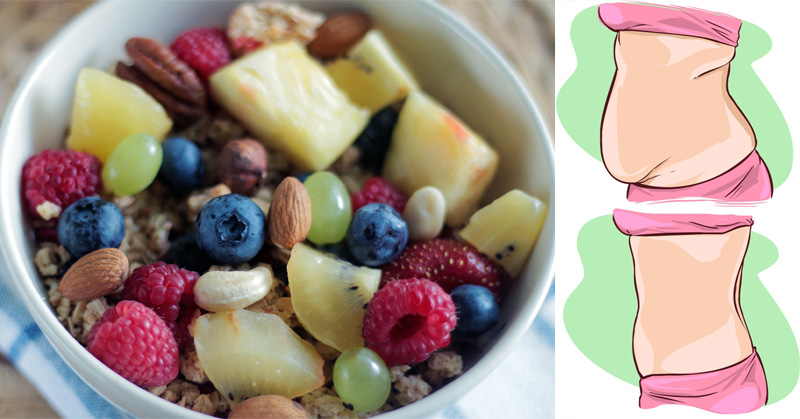
Snacks tend to be consumed in the middle of the day or in the afternoon by those who skip breakfast. This can be an issue in the event that those tidbits are low in fiber, nutrients and minerals, yet high in fat and salt. Some people feel lethargic when they don’t have breakfast, so they turn to high-energy foods and drinks to get through the day.
Eating breakfast can uplift your mood :
If anyone don’t eat breakfast, eat a healthy snack like fresh fruit, yoghurt, veggie sticks, and hommus, or a wholemeal sandwich to satisfy your hunger in the middle of the day.
You will feel better. Eating breakfast also raises blood levels of serotonin, a monoamine neurotransmitter that helps you feel good, eat well, and sleep well.

Eating a healthy breakfast will lower your risk of developing an eating disorder:
People who skip breakfast on a regular basis develop a routine and typically use it as a weight-loss strategy. However, research indicates that people who don’t eat breakfast are more likely to be overweight than those who eat breakfast or follow other healthy eating plans. 
SKIPPING BREAKFAST CAN LEAD TO: According to the National Nutrition Survey ,it was found that the Australian children and adolescents found that skipping breakfast was common, than the others . Those who are skipping breakfast ,they : underweight or overweight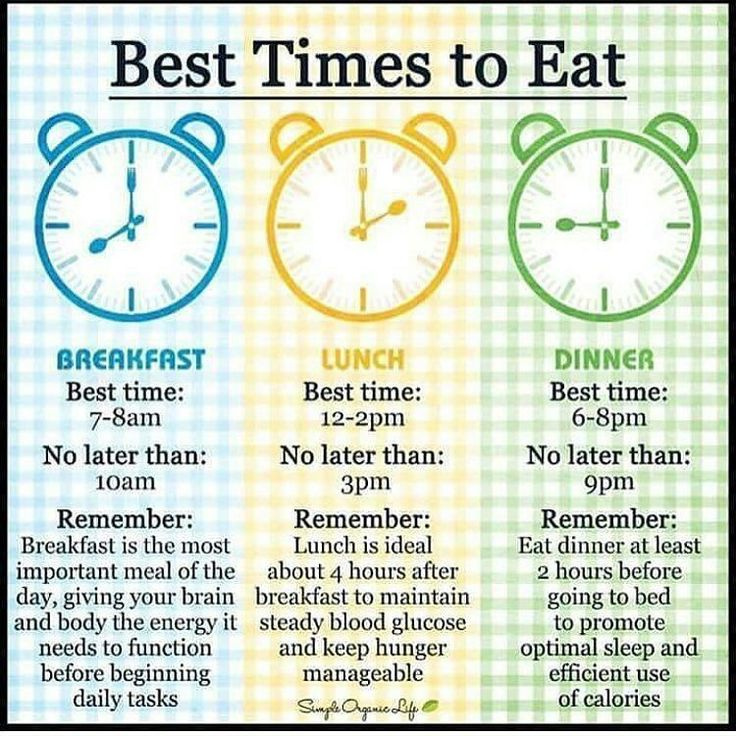 are
are
- eat poo
- do less physical activity
- don’t get enough sle
The following are some typical reasons for skipping breakfast because :
- having insufficient time or the desire to spend additional time in bed trying to lose weight
- being too exhausted to bother
- not feeling hungry in the morning
- not having readily available breakfast foods
- the cost of purchasing breakfast foods for cultural reasons.
Even though skipping breakfast is not advised, eating well does not only depend on how many meals you eat each day. If you don’t eat breakfast, your lunch and dinner should make up for the nutrition you didn’t get at breakfast.
So are the superpowers of breakfast the rundown doesn’t end here, it helps keep going for long lasting. Spending your savings on food is preferable to spending them on the hospital. Assuming that you are skirting your morning meal stop it, skip anything more, not your morning meal.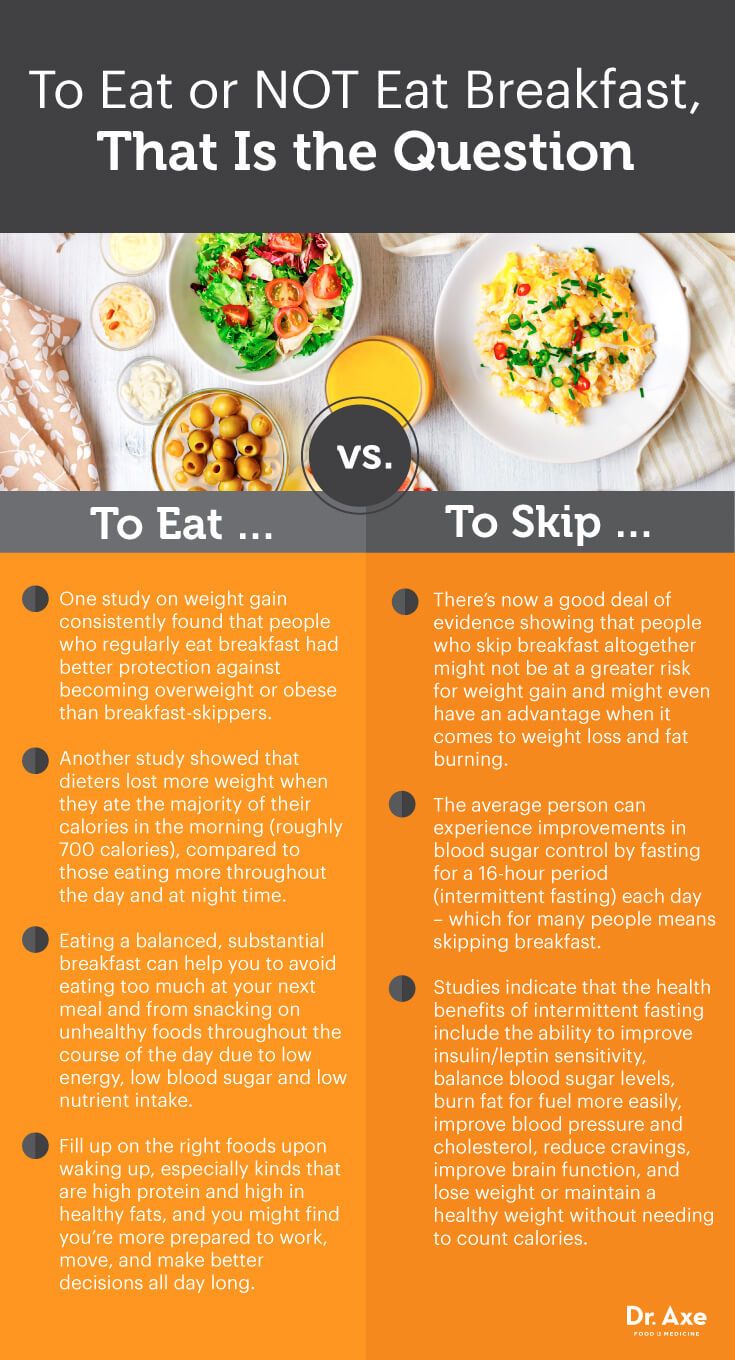
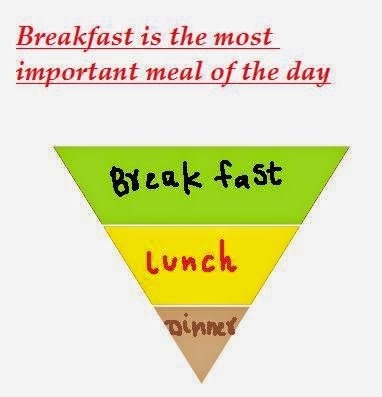
SOME OF THE BREAKFAST COMBOS:
- Bread with butter and scrambled /boiled egg
- Oats idli with green chutney and rainbow salad
- Upma and green chutney
- Omelette with vegetables
- Egg sandwiches with vegetables
- Vegetables sandwich with egg
- Spinach idli
- Paneer sandwich with lots of vegetable salad
- Paneer lettuce wraps
- Vegetable chowmein with boiled egg and roasted nuts and salad
- Roti noodle veg chowmein
- Missi roti with fried egg and salad with green mango pickle
- Beetroot roti with mixed sprouts
- Oats vegetable cheela with hummus and salad
- Aloo paratha (indian potato stuffed flatbread) with curd
- Dal Ka Paratha and vegetable sabji
- Dosa
- Methi K Bread Thepla with aloo dum and salad
- Upmaa with green chutney
- Poha with vegetables and buttermilk
- Vegetable stuffed roti and sabji
- Dosa
- uttapam
- Rava Idli
- Fruit smoothie
- Millet steamed cake (idli)
- Palak cholle tikki
- Moong dal cheela with tandoori mix veg filling
- Chia flax feruit smoothie
- Lettuce and hummus roll
- khandvi
ARTICLE BY
Nutritionist Debjani Mondal
M.sc (food and nutrition), Certified Diabetes Educator.
Nutritionist content writer of TEAM NUTRI WORLD.



